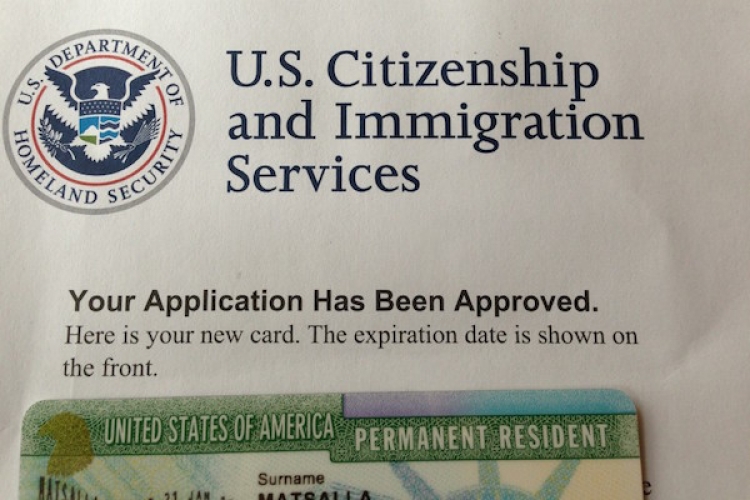Share this
US to Launch Crackdown on Citizenship CheatsThrough New Office
The US Immigration agency is set to launch a special office whose main task will be to identify Americans who may have acquired their citizenship through the back door.
Those found to have cheated will have their citizenships withdrawn, charged in court or deported to their countries of origin after court proceedings.
US Citizenship and Immigration Services (USCIS) Director L. Francis Cissna said his agency is in the process of recruiting several lawyers and officers to undertake a review of cases where immigrants who were deported used fake identities to later acquire green cards and eventually citizenship through naturalization.
Cissna told Associated Press that his agency would refer the cases to the Department of Justice, seeking the immigrants removal or have them face criminal charges related to fraud.
In the past, the agency has dealt with such cases as they arose as opposed to coordinated effort it is now launching. Cissna said the new office in Los Angeles will begin its operations by next year.
“We finally have a process in place to get to the bottom of all these bad cases and start denaturalizing people who should not have been naturalized in the first place,” Cissna said. “What we’re looking at, when you boil it all down, is potentially a few thousand cases.”
The move comes even as President Trump administration continue to crack down on illegal immigration and putting measures to scale down legal immigration to the US.
Cissna acknowledged that there are instances where immigrants are listed under multiple names, citing Latin American immigrants, who have multiple surnames. He, however, noted his agency will not focus on such minor discrepancies, but will target people who deliberately changed their identities to dupe officials into getting new citizenship.
“The people who are going to be targeted by this — they know full well who they are because they were ordered removed under a different identity and they intentionally lied about it when they applied for citizenship later on,” Cissna said. “It may be some time before we get to their case, but we’ll get to them.”



















